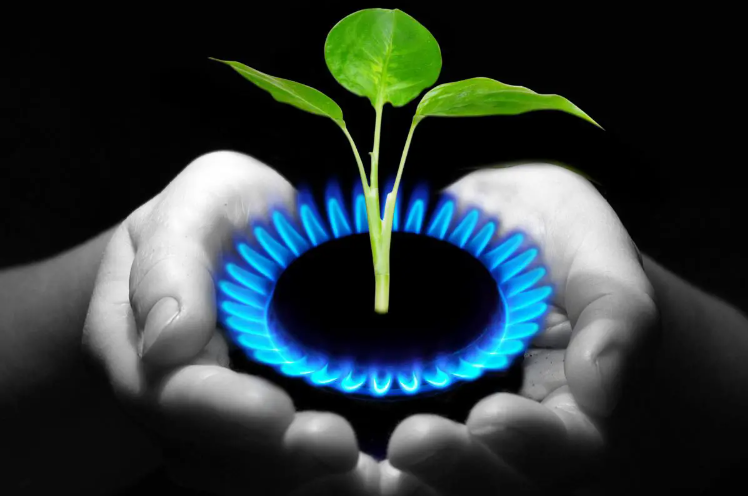
Two University of Cape Town (UCT) students, Carla Mathyse and Candace Eslick, are researching the use of green hydrogen to create a cleaner cooking fuel, called liquefied fuel gas (LFG), for low-income households in sub-Saharan Africa. The Green-QUEST project, funded by the German government and valued at €4.6m ($5.7m), aims to replace conventional energy sources used by low-income households, such as coal, wood, and biomass. LFG could reduce environmental and health problems caused by air pollution due to burning these fuels, and improve the quality of life for women and children who collect them. Mathyse and Eslick’s green hydrogen research addresses energy insecurity in Africa and helps towards South Africa’s net-zero emissions target by 2050.
Two South African students at UCT want to help low-income households.
University of Cape Town (UCT) students Carla Mathyse and Candace Eslick are researching how to use green hydrogen to make cleaner cooking fuel for low-income households, especially in sub-Saharan Africa, as part of the Green-QUEST project.
The Green-QUEST project is wholly funded by the German government.
The Green-QUEST is a consortium made up of partners including the Helmholtz Centre Berlin for Materials and Energy, in Germany. According to Professor Jack Fletcher, the students’ supervisor and director of the Catalysis Institute, the Green-QUEST project is wholly funded by the German government, and the project – which is valued at €4.6 million ($5.7 million) – is part of the country’s commitments to the Just Energy Transition Partnerships.
Mathyse stated that the goal of the research is to use green hydrogen and carbon dioxide to create a new product called liquefied fuel gas (LFG), news24 reports. Mathyse explained that LFG is a “green version” of LPG (liquified petroleum gas), which is commonly used for household heating and cooking.
According to Fletcher, LFG has the potential to ultimately replace conventional energy sources such as coal, wood and waste that are typically used by low-income domestic households. Cleaner fuel for these households would aid in the reduction of environmental and health problems that result from air pollution due to burning coal, wood, and biomass.
Mathyse also noted that LFG could improve the quality of life for many people, by also helping individuals – primarily women and children- save more productive time that they would otherwise lose to collecting sources of fuel, such as wood.
The green hydrogen research helps to address Africa’s energy insecurity and climate change problems.
“Energy insecurity is a huge problem in Africa, and climate change is a huge problem globally. This research is important because it addresses both issues,” said Mathyse.

If LFG replaced LPG-based fossil fuel, it could support the reduction of carbon emissions and work toward achieving South Africa’s goal of net-zero emissions by 2050.
For this particular research project, Mathyse is responsible for synthesizing or making a catalyst to produce liquefied fuel gas. This catalyst is needed to convert the feedstocks of green H2 and carbon dioxide to LFG, and Mathyse is attempting to modify the catalyst to extend its life, which will make LFG production economically feasible.
Primary Focus for Project:
As for Eslick, her primary focus for the project is to develop the process to generate green LFG, and she uses a small-scale reactor in the lab. Her research also involves using captured CO2 to generate the fuel.
“Cooking forms an integral part of our everyday lives,” said Eslick. “I think it is very important to be able to then make the energy necessary for cooking more available and accessible for households, particularly low-income households that do not have access to modern sources of energy.”
Additionally, the green hydrogen research project will serve as a model for future projects that address alternative fuels and climate change. If the Green-QUEST project is successful, it could lead to the development of an industrialization plan and the creation of jobs, which is also a part of South Africa’s energy transition goals.